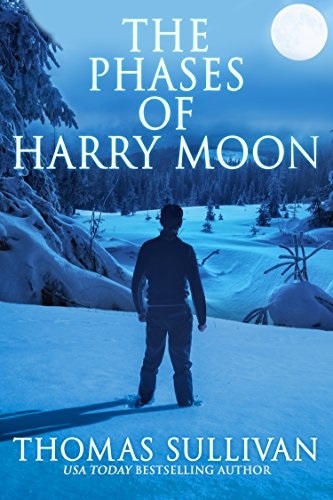OCTOBER
2023 SULLYGRAM So, who are you going to
be for Halloween? What costume or mask will you be wearing? For that matter,
what costume do you wear when it’s not Halloween? What’s your identity, your chosen
tribe?
Catchy
word, tribe. Trendy concept. Lots to choose from – family, neighborhood,
geographical boundary, race, religion, gender, politics, a sport, a job, a bar,
a club, social media, old friends, new friends…? Me, I’m freer than most.
Reluctant to bond with anything. Not the least anti-social, though. Fear of
rejection, then? Not really. The world has been kind to me. I think it’s partly
the wanderlust of living in a dozen countries in the first six years of my life
and partly a rogue gene that only lights up in the rare ether of the
romantically ideal.
That
said, the passage of time leaves me dismayed at the rapid-fire changes to life
itself. Anyone who caught a good chunk of the 20th Century can say
the same, I suppose. Come with me, if you like, and I’ll retrace something I
mentioned in a FB post after a late-night drive early last summer:
Somewhere south of midnight the night began to feel
like a time machine, so I let it lead me out of the town I was driving through
and a few decades down country roads. The golden moon was still storybook
gorgeous, but it was the smell of ripening fields on cool nocturnal air that
triggered the memories – deep childhood memories from play in foxholes and
alleys and fields.
Remembered my mom putting clothes through a worn
ringer above the laundry tub. No doubt she felt quite modern, having grown up
in an age where you stuck a scrub board in a bucket, grabbed a bar of lye soap,
and had at it with each separate item. It was pretty standard to get your hand
caught in that ringer at least once, and I was no exception. Clotheslines
inside; clotheslines out. Did we really live like that not so long ago?
Houses had coal chutes and milk chutes for deliveries.
I shoveled coal into a furnace in Detroit and again in Bay City, helping my
friend George Rogers, who lived in a lumber baron mansion which had remnants of
an electric car charger in the garage from the early 1900s. I recall seeing an
ice wagon deliver blocks of ice to a couple old houses when we lived in
Detroit. I slept in an unheated attic in Dearborn for my junior year of high
school and hated getting out of bed in the morning and scraping the frost off
the inside of the window with my fingernails to see out. Sounds
Dickensian now, but I lived a charmed life. No cell phones back then, no
Internet to wrestle control of life away from me. Made a tiny basketball hoop
with a coat hanger and string for a net and shot baskets with a ping pong ball
to keep warm. Drank a swig of Faygo black cherry pop each time I made three
baskets in a row (must have cheated, else I would have died of thirst).
Childhood summers in a half-finished cottage near
Pontiac were paradise. The “Gypsy Camp” my cousin called it, complete with a
badly tuned piano that sounded to me like a Steinway. And nightly bonfires. All
very close to nature (and nature was coming up through the floor boards).
Essentially two rooms, not counting a curtained cubby hole with a “thunder
mug.” The thunder mug was because you didn’t want to go to the outhouse in the
middle of the night with all the mosquitoes and saber-tooth tigers in the woods
of Elizabeth Lake near Keego Harbor, Michigan. But that enameled chamber pot
had wonderful acoustics, and you could tell who was using it by the rim shots.
We walked everywhere. Summer, winter – walked. Much of
the world still does, and not just the poorer countries. When I spoke at the
House of Literature in Oslo a few years ago, I was amazed at the activity level
of Norwegians (“oh, we can walk…it’s just up the hill”). And “up the hill” was
often half a mile. Axiomatically in those green years of my youth, there were few
spectatorships. No pixel screens and “cells.” We created our own magic.
By contrast, basic living is so easy these days that
we’ve switched focus from tangible tasks to intangible screen-time, from the physical
to the emotional, from doing to feeling. We follow the bouncing ball of social messaging
to awaken sensitivity rather than attending what were once time-consuming
practical needs. Besides making us sedentary and increasingly obese, has it
taken a toll on our resourceful and independent problem-solving nature? No
doubt a genuine need is served by seeking out truly disadvantaged people, but
what happens to a society at large when its strengths and merits are demonized and
helpless victimization becomes heroic? Does it indoctrinate succeeding generations
with a kind of neurotic weakness, angst, fragility and hysteria over often
imagined victimizations? Does it devitalize the very strengths it needs to
survive and thrive?
Our handicaps are often voluntary – drugs, alcohol, sedentary
obesity, and addictions like social media, texting and gaming. We’ve become
memes and avatars in a feckless search for purpose and meaning. Even suicide
can be a giant tantrum, a protest because we lack the “sticks and stones will
break my bones/but names will never hurt me” mentality against bullying that
strengthened former generations and gave them coping skills to become resilient
adults. We ban dodge ball, UNcompete for participation trophies so as not to
hurt anyone’s feelings, and use glad hands instead of clapping to keep the deaf
from being offended. We demonize competition, merit, and individuality (“it
takes a village”). Whereas we once celebrated our diversity for its melting pot
assets, we now weaponize, politicize and polarize it for its deficits.
Our national unity formerly came from shared ethics
like hard work, responsibility, the rule of law, and the freedom to pursue our
individual destinies. National unity doesn’t threaten cultural pride in some
other tribal identity. But neither should cultural identities threaten national
unity. If you continue to live here, you have chosen a country founded on
individual freedoms and opportunities, not guaranteed outcomes from a
government that tells you how to live. In the end, your personal tribe has less
to do with your race, nationality, gender, ID politics, sexual orientation,
faith and the rest of it. Your personal tribe is the people who discover you
like a scrap of paper fluttering down the street and for whatever reason feel
compelled to read what’s written thereon. If we don’t awaken from wokeness
pretty soon, AI or alien invasion can’t come soon enough. Thanks for reading.
Be well, be kind, be strong.
A few photos below…
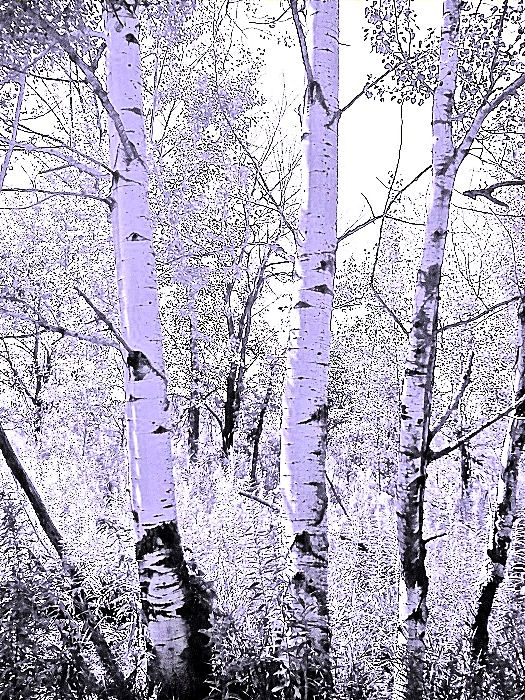

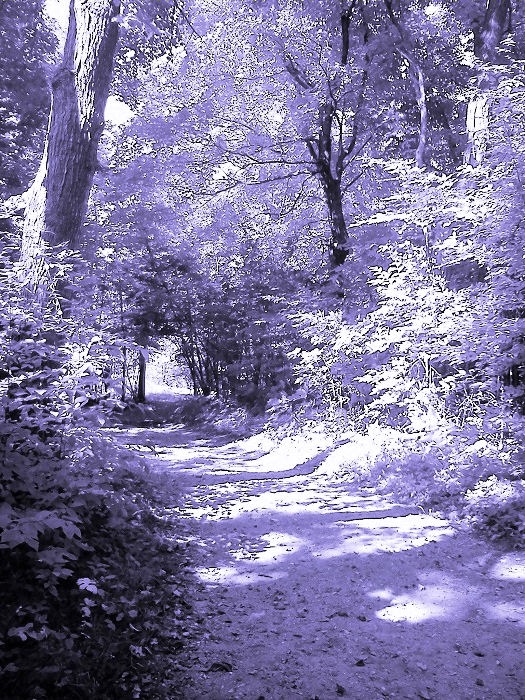
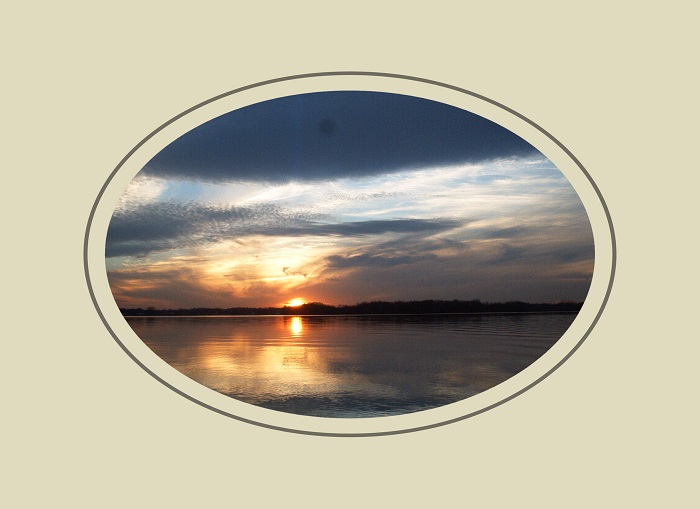
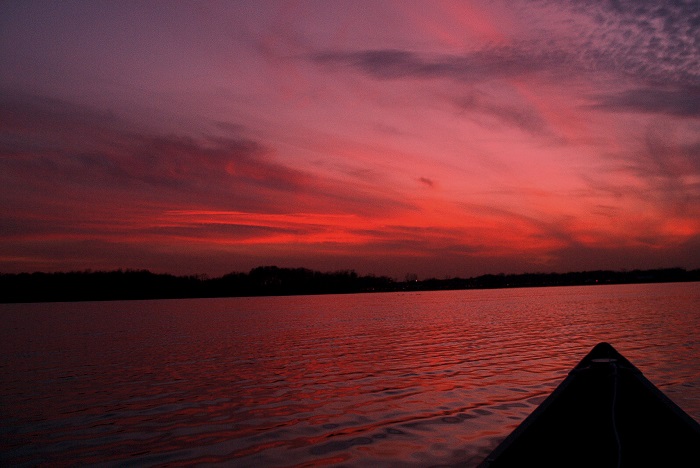
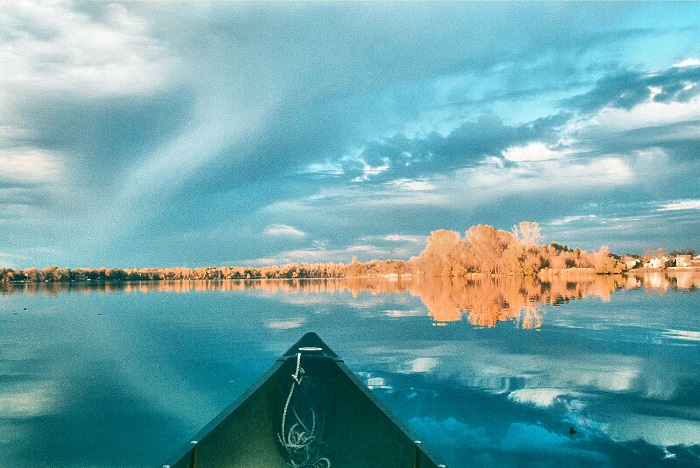
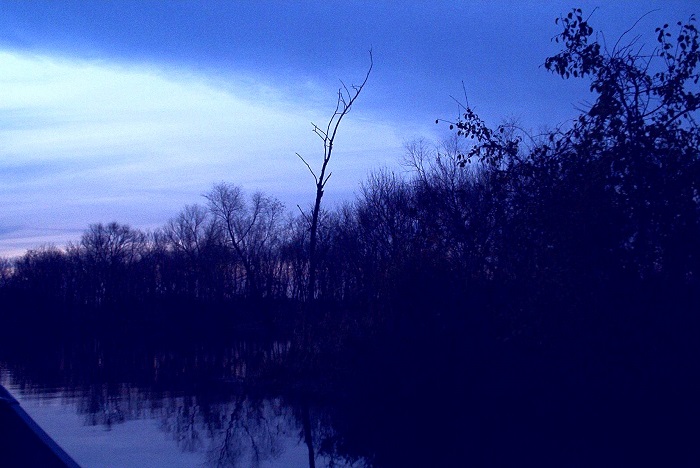
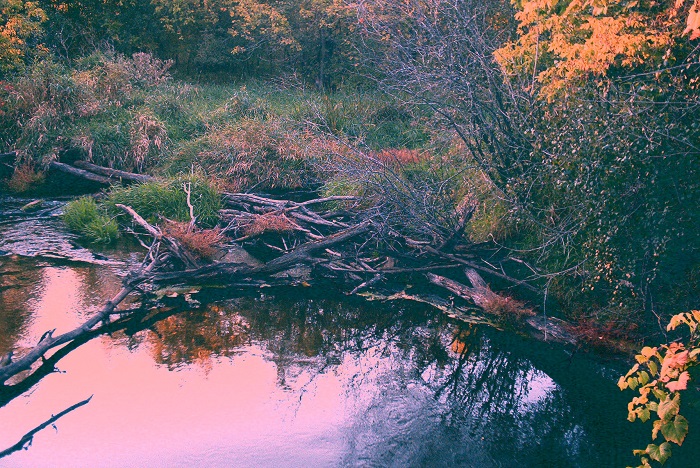
Thomas "Sully" Sullivan
https://www.thomassullivanauthor.com
https://www.facebook.com/thomas.sullivan.395
